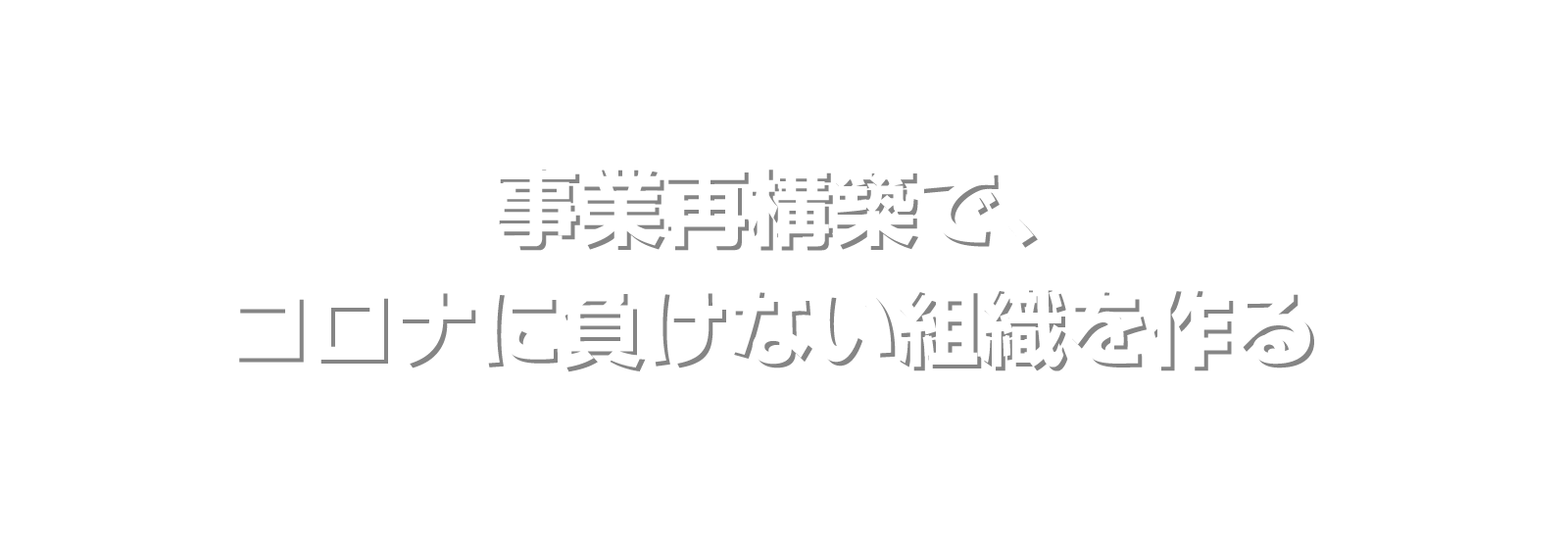ISO 9001, 14001, and other standards require internal audit. But what exactly is internal audit, what is its purpose, who is responsible for carrying it out, and how it is executed? I will examine your questions and provide you with quick answers within the next five minutes!
スポンサーリンク
Text follows the Movie
What is ISO internal audit?
So, what exactly is internal audit? Essentially, it is a process that verifies whether the rules within your company are being adhered to correctly by yourselves, namely “internal auditors.” These internal auditors interview the auditees from various departments within the organization. During the audit, they examine whether rules, plans, work procedures, regulations, laws are being followed.
Internal auditors also ensures that the departments are achieving positive outcomes by adhering to these rules.
During this audit process, the auditee department will assign representatives to answer the internal auditor's inquiries and provide evidence to support their responses. Subsequently, the internal auditors will communicate their findings to the company's top management, typically the president. Upon receiving the results, the president will evaluate them and make appropriate decisions.
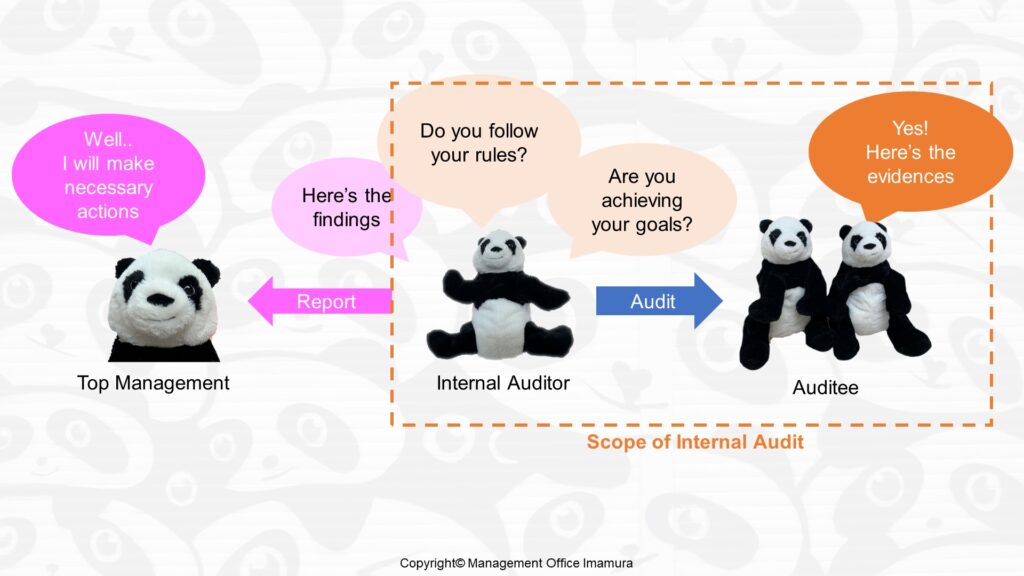
What ISO internal audit is for?
Why do we have to conduct an internal audit? Firstly, it serves to verify that the work is being executed in accordance with the set rules or plans. Any deviations from them can lead to accidents and/or defects, which may harm your company's reputation.
Secondly, it enables you to evaluate whether your rules or plans successfully reduce errors or accidents as you have imagined.
The third is to furnish the company's top management with the progress and outcomes of your plans. Especially in a large organization, the top management do not always have a clear understanding what is exactly happening on the ground. Therefore, internal auditors provide top management with the realities.
The fourth objective is to evaluate if there is any potential for improving the existing rules, and to implement modifications as necessary. This ensures that the rules and plans are up-to-date and effective in achieving your desired results.
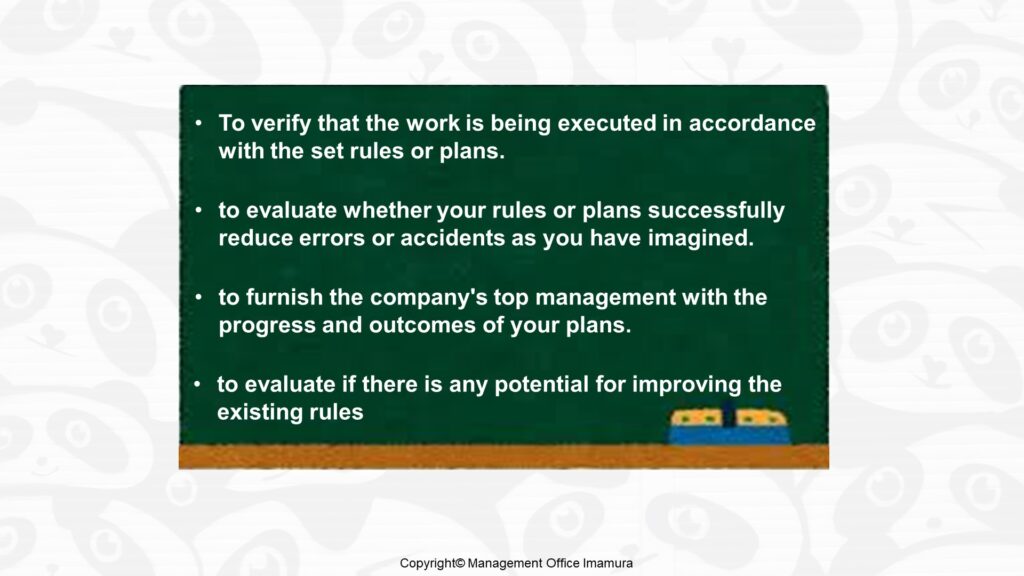
When do you conduct ISO internal audit?
Now, let us talk about the timing of internal audits. According to ISO standard, internal audits must be conducted at planned intervals. It is all up to each organization to decide when to conduct. I think it is common to conduct once a year. When it's time to conduct the internal audit, a detailed plan is made, and delivered to the auditees.
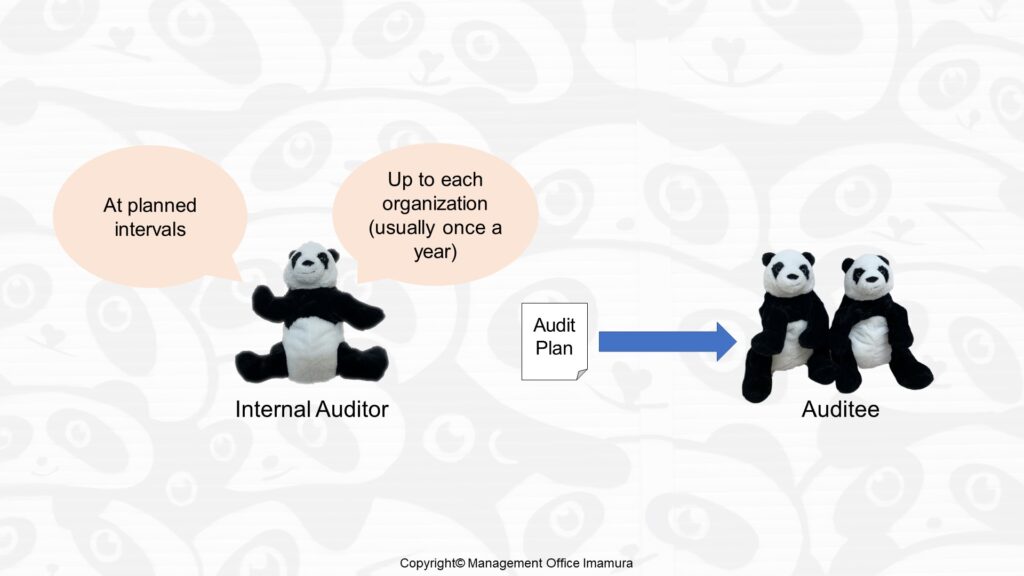
Who conducts ISO internal audit?
Who conducts internal audit and what are the ideal qualifications for them? Typically, impartial, and objective internal auditors carry it out. The way it works is that people from different departments do the audits. Please imagine if I check my own work, I would be lax. And it would be desirable to have someone who has some knowledge of the work of the auditee, who also understands the requirements of ISO standard, and who is able to offer opinions for improvement.
When conducting internal audits, it is important that the auditee is a representative of the department being audited. He or she should have a comprehensive understanding of the department's operations, including its rules, plans, as well as the requirements of the ISO standard. It is also desirable to have someone who has the responsibility and authority to implement changes and improvements within the department. This ensures that the audit is effective.
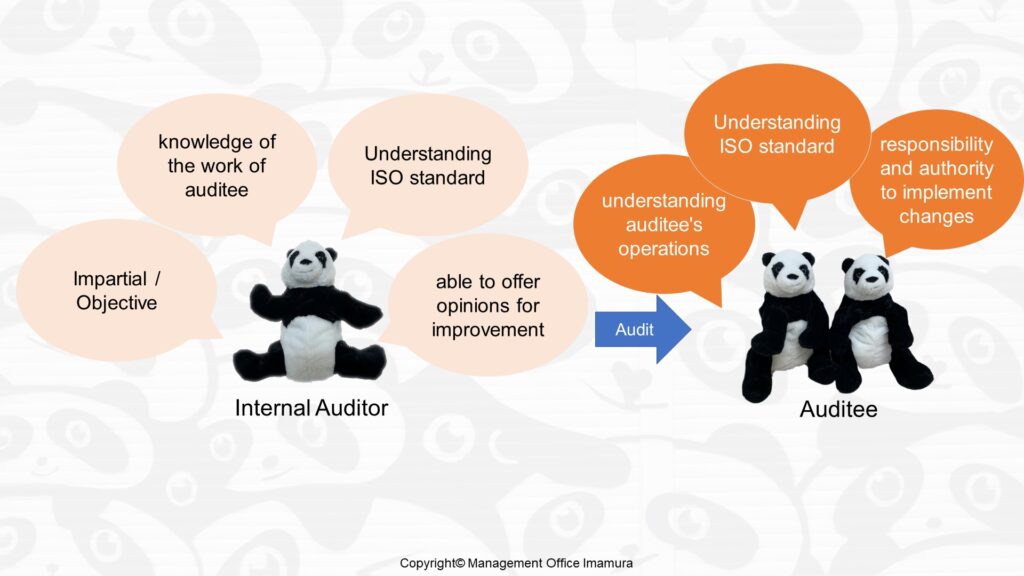
How do you conduct internal audit?
How do you conduct internal audits? In most cases, internal auditors use checklist. The checklist usually comes from a variety of sources, such as company's manual, procedures, regulations, or ISO standards. With these checklists in hand, auditors can investigate the operations to ensure that the rules are being followed. In addition, auditors verify the effectiveness of what the department is doing.
What happens when internal auditor finds deviations from the rules? Auditors have to report nonconformity to the auditees. Along with it, auditors also highlight positive aspects and offer recommendations for further improvement. If a nonconformity is found, the auditee must take action to address it and prevent similar nonconformities from occurring in the future.
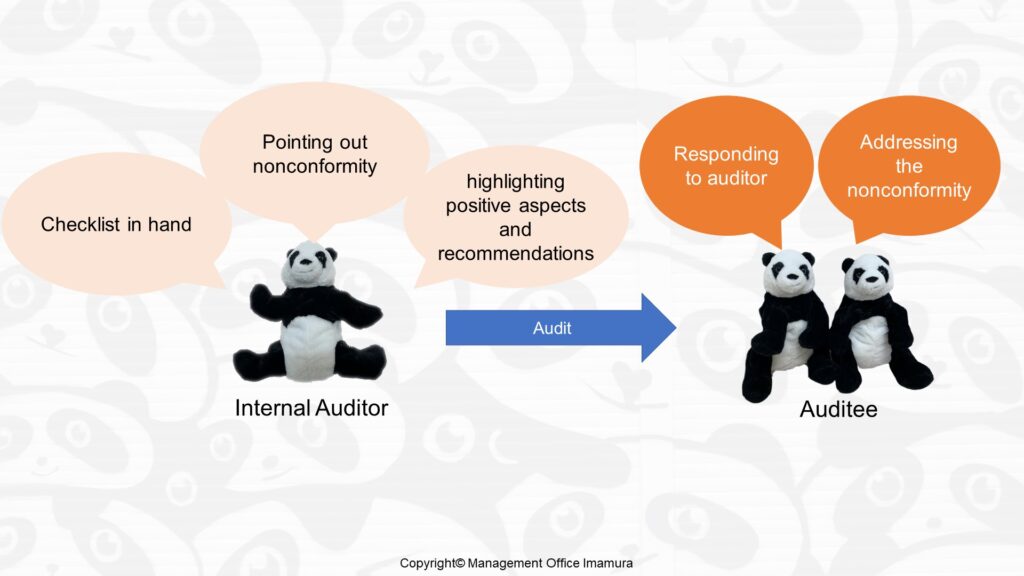
Now I hope this basic introduction to internal audits has been informative, especially for those who are new to the ISO world. Internal audit may sometimes sound complicated though, when used effectively, it will be good opportunity for your company's continual improvement. With this knowledge, you can set your company on the path to success and make significant strides towards achieving your goals.



